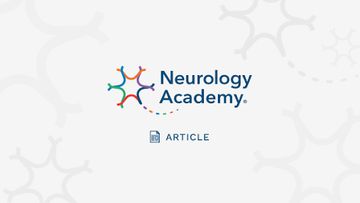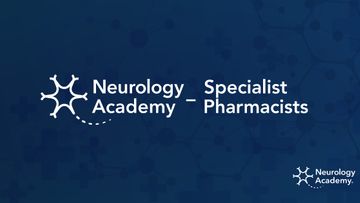Project winners of our second Neuropharmacy MasterClass announced!
News
Our second Neuropharmacy MasterClass took place this year, with delegates presenting their intermodule projects, dedicated to putting their learning into practice and improving service quality in their own localities.
After each delegate shared their posters, four projects were put forward as finalists - and following presentations from each finalist, the winner was announced today.
A huge congratulations go to Olga Tanda, pharmacist in East Sussex, for her work in headache management. Her intermodule project, 'Triptans and medication overuse headache: a local picture and management strategies' audited the number of people diagnosed with migraine in her area who had been prescribed a high number of triptans and were therefore at higher risk of medication overuse headache (MOH).
Her findings contributed to a series of recommendations for prescribers, headache services and commissioners:
She has made further recommendations to develop patient-facing information to help reduce this risk, as well as a potential extension of this work to a national level.
There were three runners up in this cohort of delegates.
Kirsty Brisker, Senior Neurosciences Specialist Pharmacist, North Bristol NHS Trust, established a specialist pharmacist clinic for advanced therapies in Parkinson's, including developing standards for complex therapies, introducing a clearer patient pathway to ensure patients were referred to the pharmacist clinic after initiation and introducing the necessary supporting systems such as proformas, IT solution and documentation to ensure optimal use of the clinic and maintenance of associated records.
Katherine Triffitt, a pharmacist at South Tees Hospitals NHS Foundation Trust examined identification of inpatient prescribing errors on the Neurosurgical ward in a large teaching hospital.
London-based specialist pharmacist Lizanne Dean was our third runner up with her work on pharmacist input into management paediatric patients with epilepsy using the ketogenic diet to support their management.
All of the intermodule projects from this, and all of our MasterClasses, are available online in our Projects section.
Related articles

Positive steps towards an MND drug therapy

The Neuropharmacy Academy 2021
Developing neuropharmacists, supporting collaborative care
Knowledgeable pharmacists can initiate or support new treatment pathways, play an important role in patient education, medicine adherence, efficacy and safety, and provide advice to other healthcare professionals involved in the person's care. This Academy recognises the value of this essential role, and seeks to enhance pharmacist's clinical skills and build their confidence in managing a range of neurological conditions.
